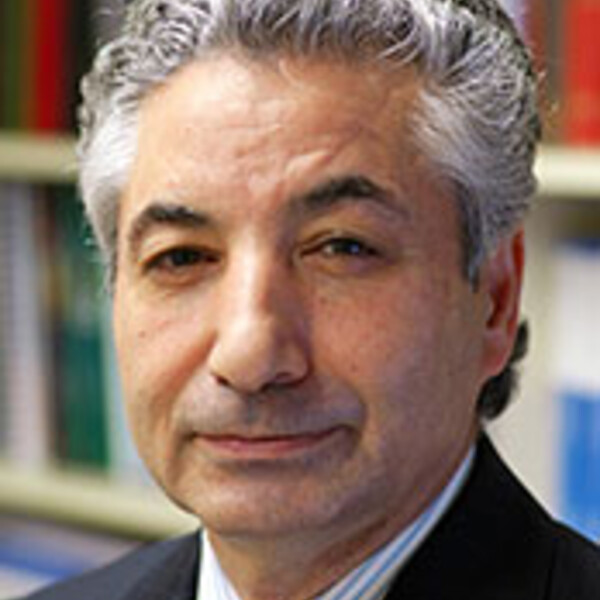Khosrow Adeli
PhD, FCACB, DABCC

Dr. Adeli is the Head of Clinical Biochemistry in the Department of Paediatric Laboratory Medicine, as well as a Senior Scientist in the Molecular Medicine Program of the Research Institute, at the Hospital for Sick Children. He is also a Full Professor and Vice Chair of Quality in the Department of Laboratory Medicine and Pathobiology at the University of Toronto. He currently serves as the President of the International Federation of Clinical Chemistry and Laboratory Medicine (IFCC), a worldwide organization with 90 member countries and more than 45,000 laboratory physicians and scientists around the world. He is also the current Editor-in-Chief of Critical Reviews in Clinical Laboratory Sciences.
Since 1988, Dr. Adeli has been actively involved in both molecular and clinical laboratory research. He has over 30 years’ experience in clinical chemistry service, education, and research, with over 600 articles and abstracts published to date. His achievements have been recognized through several distinctions and careers awards; most recently, the 2020 Richard G. Hegele Award for Excellence in Research and Innovation at the University of Toronto, the 2019 AACC Academy Outstanding Research Award, the 2017 Graduate Teaching Award from the Laboratory Medicine and Pathobiology Department at the University of Toronto, the 2016 Senior Investigator Award at the Canadian Lipoprotein Conference, the 2015 AACC Pediatric-Maternal-Fetal Division Award, the 2015 Canadian Society of Clinical Chemists Innovation Award, and the 2015 Ontario Society of Clinical Chemists Lifetime Achievement Award.
Research Synopsis
The Adeli Lab’s basic research program aims to elucidate the cellular, molecular, and physiological regulation and hepatic lipoprotein production in normal and insulin resistant states. In recent years, the incidence of insulin resistant states such as obesity and type 2 diabetes have been increasing at an alarming in both pediatric and adult populations. These conditions represent major risk factors for atherosclerotic cardiovascular disease, largely due to lipid and lipoprotein abnormalities. The key mechanism underlying this metabolic dyslipidemia is hepatic and intestinal overproduction of atherogenic lipoproteins. Currently, the laboratory is investigating the neuroendocrine mechanisms regulating intestinal and hepatic lipoprotein overproduction in insulin resistant states and the role of the gut-brain-liver axis in lipid and lipoprotein mechanism.
Aside from basic research, the Adeli Lab also conducts various clinical research projects. This includes the CALIPER (Canadian Laboratory Initiative on Pediatric Reference Intervals) program, which aims to establish a comprehensive database of reference or “normal” ranges for medical laboratory tests in children and adolescents. The CALIPER database, which now contains reference intervals for hundreds of laboratory biomarkers, is used by thousands of institutions across Canada and around the world to improve clinical assessment, diagnosis, and monitoring of children with medical concerns.
For more information on the basic and clinical research programs, please visit the Adeli Lab website
METHODS USED
Animal (hamster, mice, rats) whole body physiology, ex vivo primary cell culture, in vivo peripheral and central infusion studies, and biochemical methods
EQUIPMENT USED
Ultracentrifuge, general lab equipment, surgical tools, access to imaging facility and real time PCR systems, ELISA reader, and analytical laboratory instruments
Appointments
Cross-Appointed to Physiology and Biochemistry; Primary: Laboratory Medicine and Pathobiology, Biochemistry
